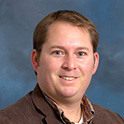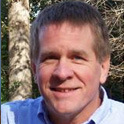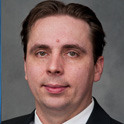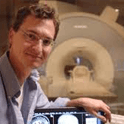
R. Sean Norman, Ph.D. - Director, Molecular Microbial Ecology Laboratory
Research Computing has been working closely with Dr. Sean Norman to optimize the Blast+ application for large runs of genomics data. In addition to achieving performance gains on University HPC resources, Research Computing has helped create customized code for large scale runs on NSF computational resources through our XSEDE partnerships.


